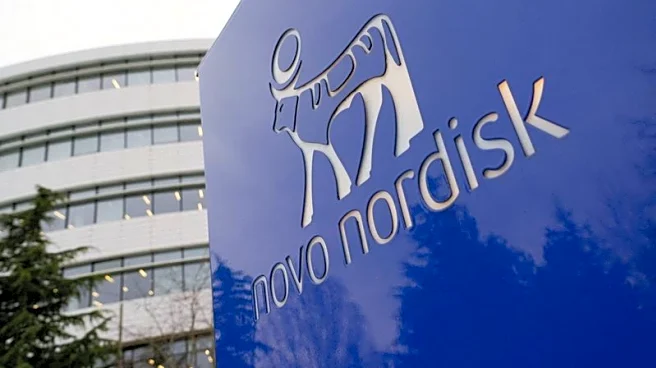Rapid Read • 7 min read
A new study has identified an enzyme, adenylosuccinate lyase (ADSL), unique to modern humans that may have contributed to our evolutionary success. This enzyme, which differs from that found in Neanderthals and Denisovans, is involved in the production of purine, a building block of DNA and RNA. The research suggests that this enzyme variation may have enhanced modern humans' ability to seek water, providing a competitive edge in resource-scarce environments.
Understanding the genetic differences that contributed to the survival and success of modern humans offers insights into human evolution. The study highlights how small genetic changes can have significant impacts on behavior and survival. This research could inform future studies on human adaptation and resilience, potentially leading to advancements in understanding human health and behavior.
AD
Further research is needed to explore the precise mechanisms by which the ADSL enzyme influences behavior and brain function. Scientists may investigate other genetic variations that contributed to human evolution and how these changes interact with environmental factors. The findings could also prompt studies on the implications of these genetic traits for modern human health and disease.
The study raises questions about the role of genetic diversity in human evolution and the factors that led to the extinction of other hominin species. It also highlights the complexity of evolutionary processes and the interplay between genetics and environment. These insights could contribute to broader discussions on human identity and the factors that define our species.
AD
More Stories You Might Enjoy












